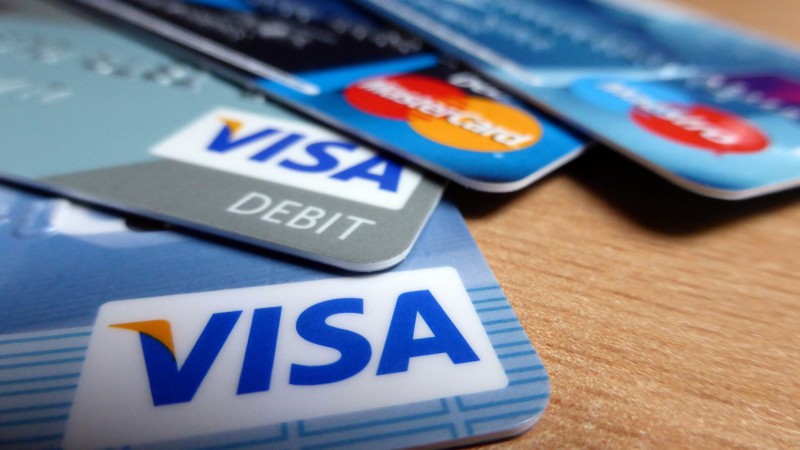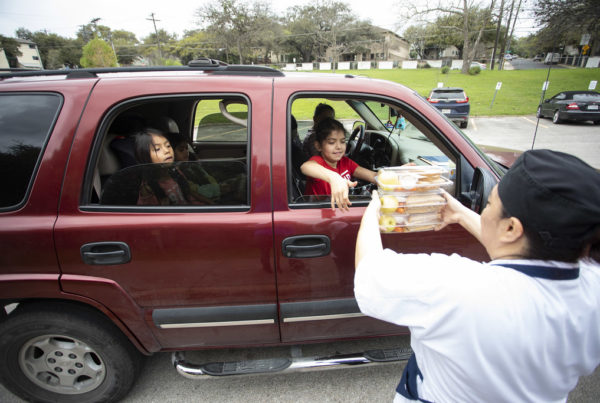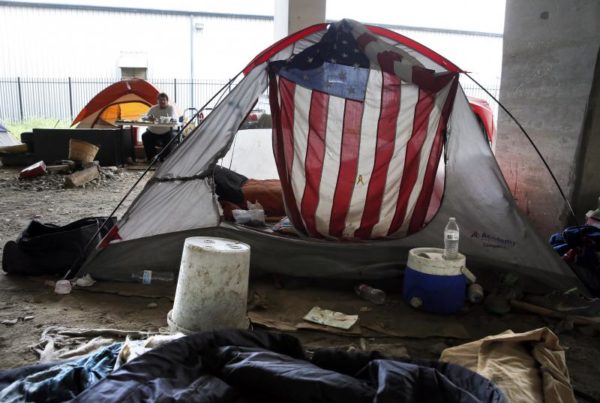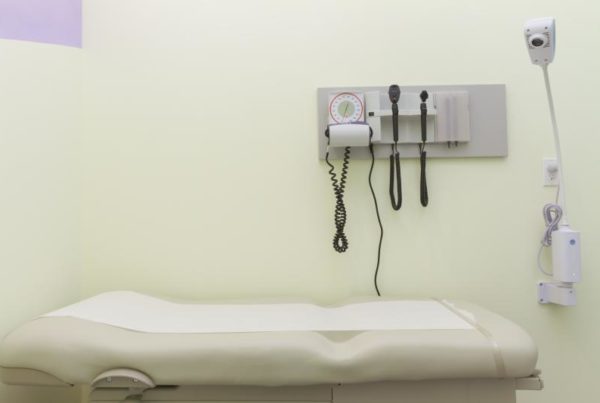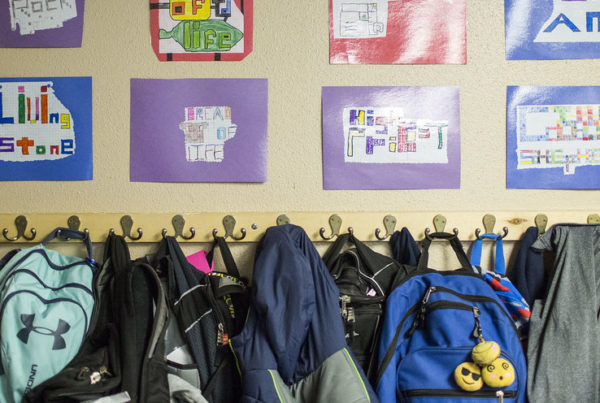In a move not seen since the recession of 2008, The Federal Reserve cut interest rates by a full percentage point, bringing the rate down to an effective zero percent. The idea is to make money easier for banks to lend and, by extension, make borrowing cheaper for consumers facing tough times as a result of the coronavirus’s impact on the economy.
But credit card companies aren’t exactly racing to lower their interest rates. So where’s the disconnect here? And what should consumers be doing to brace themselves for what many fear is an inevitable economic downturn?
“I think it’s important for anybody experiencing hardship to call their lenders, to call their financial institutions, because they should work with you,” says Ann Baddour, director of the Fair Financial Services Project at Texas Appleseed, a public interest group with a focus on social and economic justice for all Texans.
“This is a time when we’re all struggling – where everybody is facing financial constraints and so I’m hopeful that they will address people’s concerns and help them work through this time,” she says.
What you’ll here in the audio above:
– How priorities right now should focus on basic needs
– What other ways government and communities have to ease hardship
– How this crisis will shed light on financial issues Texans had before the pandemic


